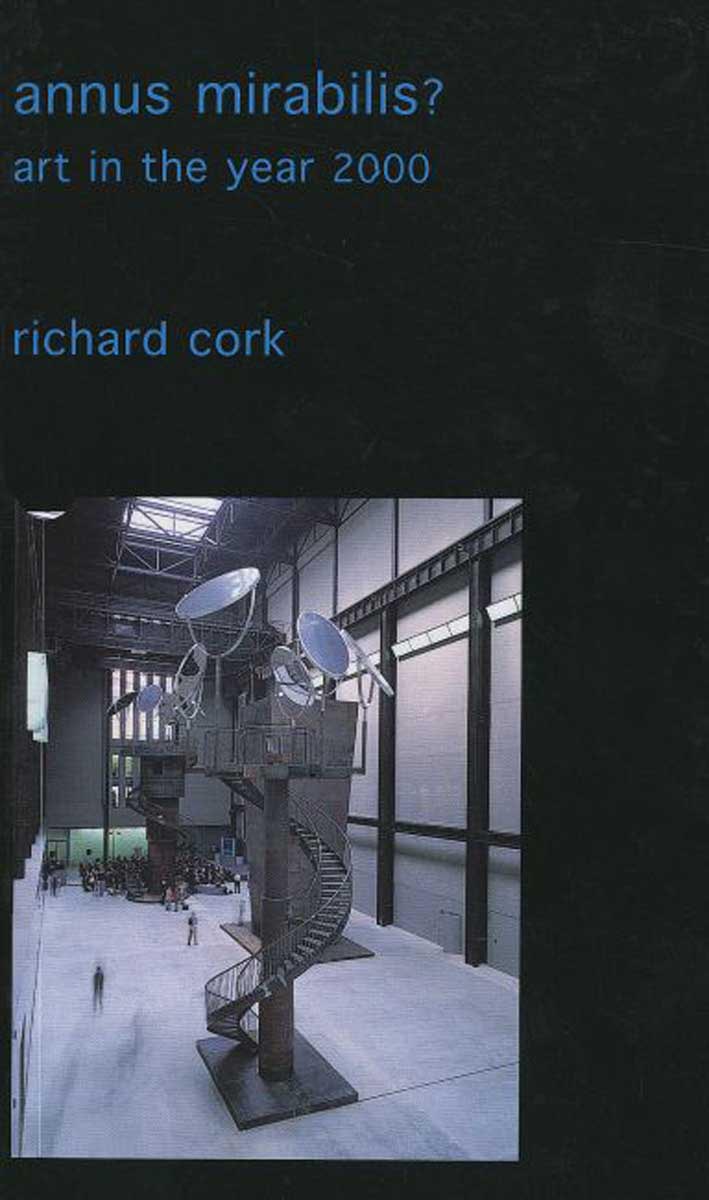PB:
£27.50
QTY:
Categories:
Annus Mirabilis?
Art in the Year 2000
The fourth and final part of a four-volume set of art criticism by Richard Cork, written over a 30-year period. It offers a chronicle of a turbulent period as well as an overview and survey of British art and its reception at this time. This particular work addresses the art of the year 2000. Despite gloomy predictions, the year 2000 turned out to be overwhelmingly positive for art. The opening of Tate Modern was a triumph, but it was only the most spectacular of the new buildings opening across the nation, part of the biggest museum expansion that Britain has ever witnessed. In London alone, new additions to the National Portrait Gallery, the Imperial War Museum, the Wallace Collection, Dulwich Picture Gallery, the British Museum and Somerset House were all unveiled in this "Annus Mirabilis". An exceptionally ambitious new gallery opened in Walsall, and regional cities will want to follow the inspirational example of Baltic at Gateshead, furnishing themselves with buildings that escape from the old, depressing stereotype of the municipal art gallery. In the midst of all this forward-looking architecture, the prevailing emphasis in major exhibitions, in Paris as well as London and New York, rested on reassessing the past. The National Gallery's most well-attended show was devoted to images of Christ, while the Metropolitan Museum staged a survey of Tilman Riemenschneider's sculpture. But the Royal Academy, as well as looking back at art in 1900, attempted to explore a millennial theme with its controversial Apocalypse exhibition. Contemporary work at its most powerful enlivened some outstanding solo shows and the continuing urge to work outside galleries also bore fruit in Artagnel projects as well as the temporary sculpture installed on Trafalgar Square's empty plinth. Cork seeks to convey the excitement of this unforgettable year in this work, which is filled with optimism about changing public attitudes to contemporary art. But he also raises fundamental questions in the reader's mind, focusing above all on the quality of experience provided by art.
About the author
Richard Cork is an award-winning art critic, historian, broadcaster, and curator, as well as an honorary fellow of the Royal Academy, London.


